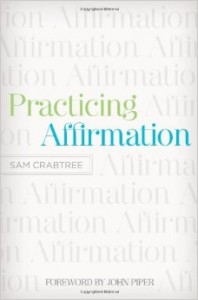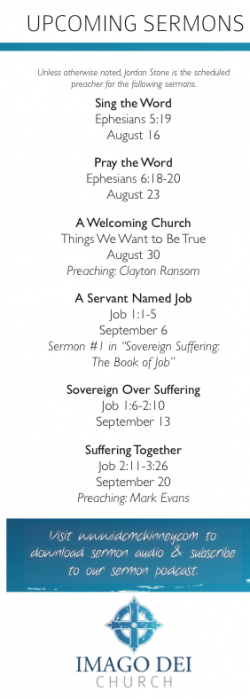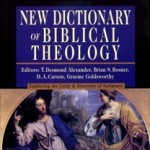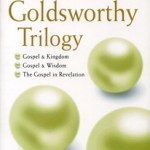
For days Odysseus, the ancient hero of Greek literature, and his men had sailed without sight of land as they journeyed home.
Distress and despair permeated the crew, until they heard distant, otherworldly, and yet beautiful sounds . . . the fabled, sweet, and magical Siren songs. Few people knew about these Sirens because few survived them; their lovely songs were in fact death dirges in disguise. The songs would steal the hearts of sailors and compel them to go on the Siren’s shore, only to find that stepping on their sand meant certain death at the hands of these less than noble women. Having been warned of the Sirens’ melodic scheme Odysseus quickly covers the crew’s ears with wax and instructs them to lash him hand and foot to the mast. And so it was the crew was able to stay the course while the Siren songs called for their souls.
In 2 Timothy 3 we find Paul exhorting his young protégé, one final time, to lash himself to the masthead of gospel. For it’s only there that he, and by extension we, can navigate through the treacherous waters of this dark world, a world filled with siren songs of sin and death.
A STUNNING ASSURANCE
In 3:1-9 Paul says that “the last days” – the period the NT consistently refers to as the time between Christ’s comings – will be a time characterized by nineteen different kinds of godlessness. Godlessness perpetuated by false teachers who, according to 3:8, “oppose the truth . . . [are corrupt] in mind, and disqualified regarding the faith.” But Timothy is to follow another course, the apostolic pattern of Paul. Notice 3:10-11, “You, however, have followed my teaching, my conduct, my aim in life, my faith, my patience, my love, my steadfastness, my persecutions and sufferings.” As it has gone for me, it must go for you. Look at the stunning promise of 3:12, “Indeed, all who desire to live a godly life in Christ Jesus will be persecuted.”
So here it is Timothy, here are my final parting words, “Don’t follow the false teaching of these men who proclaim a fixation on the world and a life free from pain and persecution. No, those men are duped by the devil (my contemporary translation of 3:13), and your faithfulness in ministry depends on not being duped.” Dear Christian, are you being devilishly duped about suffering and persecution in the Christian life? Radical Christ-exalting obedience and God-glorifying passion will always be persecuted. And we, like Timothy, must embrace it and endure it. The question then is, how? How will he embrace and endure the persecution that comes from life in Christ? The answer comes in 3:14-15.
STAND FIRM ON SCRIPTURE
Paul says in 3:14, “But as for you, continue . . .“ In 3:13 Paul has just said “evil people and imposters will go on from bad to worse,” they will advance and proceed in godlessness. But in 3:14 Paul tells Timothy to do the opposite, he is to “continue.” The word is better translated as “remain”, “stay”, or “abide.” Abide in what? Look at how the verse moves on, “Continue in what you have learned and have firmly believed, knowing from whom you learned it and how from childhood you have been acquainted with the sacred writings.” There’s the answer to the question. And the answer is two-fold: embrace and endure suffering by 1) continuing in what you have learned, and 2) knowing from whom you’ve learned it.
In the course of the pastorals, what Timothy has learned is regularly said to be “sound doctrine” or “the gospel”, which are both revealed in “the sacred writings” of Scripture. We know from the rest of the New Testament that who Timothy learned it from was his grandmother Lois and mother Eunice.
Are you not amazed at the glorious simplicity for pastoral perseverance? Paul’s final exhortation to Timothy, as he sits in a Roman prison cell, is, “Lash yourself to the gospel. And you’ll do that by staying close to the word of God and people who teach it faithfully.
We stand firm in the life of God by standing firm on the word of God.
This post is adapted from my recent sermon, “Read the Word,” on 2 Timothy 3:14-17.
 There are a small number of books I aim to read at least once a year. These books aren’t necessarily the best of the best, but they are those that speak to an issue of perennial importance in my life and ministry.
There are a small number of books I aim to read at least once a year. These books aren’t necessarily the best of the best, but they are those that speak to an issue of perennial importance in my life and ministry.









